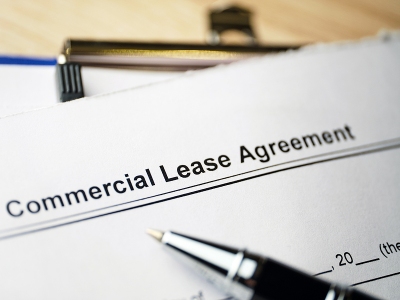
Comments & Feedback From Pro Intermediaries & Pro Advisors On BizBen:

 We are soon closing on a sale that was almost lost because the seller did not consult with the landlord, despite assurances to us (the broker) that she had. "Oh, the landlord is just fine with a new tenant. We're now on a month-to-month, but he's going to keep the same terms and provide a five-year lease with a five-year option." But, the seller would not let us talk directly with the landlord.
We are soon closing on a sale that was almost lost because the seller did not consult with the landlord, despite assurances to us (the broker) that she had. "Oh, the landlord is just fine with a new tenant. We're now on a month-to-month, but he's going to keep the same terms and provide a five-year lease with a five-year option." But, the seller would not let us talk directly with the landlord. 

 This is a very strategic area. Many factors might influence the decision, but my preference is to save the lease until last, unless the landlord is already aware that you are selling the business. Even then I like to save the lease. Once you are comfortable that the transaction will take place subject only to the lease, then I would recommending approaching the landlord. I also find that during discovery we will often find areas in the lease that warrant discussion. I do not like to burden the landlord unnecessarily until ready.
This is a very strategic area. Many factors might influence the decision, but my preference is to save the lease until last, unless the landlord is already aware that you are selling the business. Even then I like to save the lease. Once you are comfortable that the transaction will take place subject only to the lease, then I would recommending approaching the landlord. I also find that during discovery we will often find areas in the lease that warrant discussion. I do not like to burden the landlord unnecessarily until ready.




